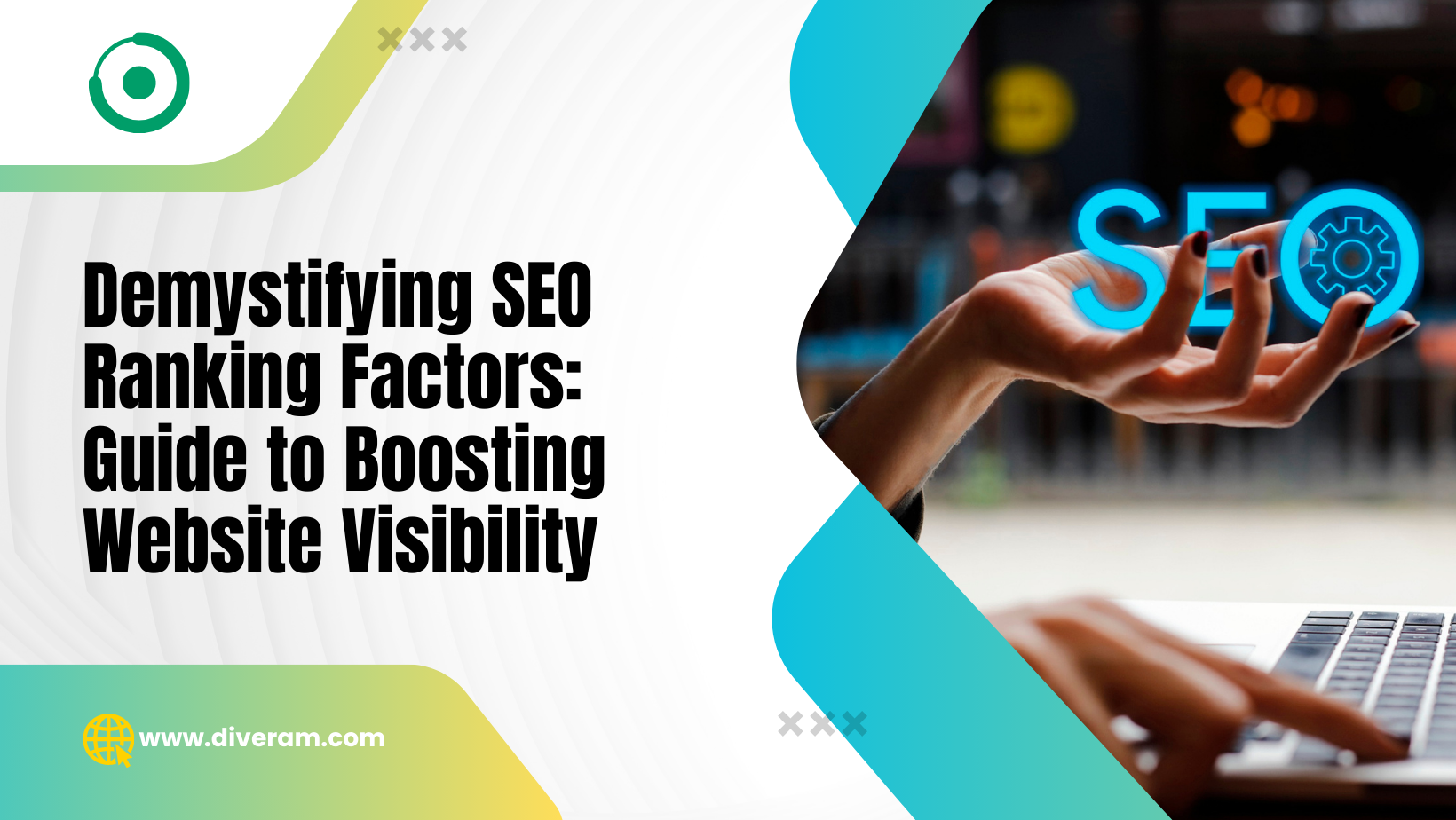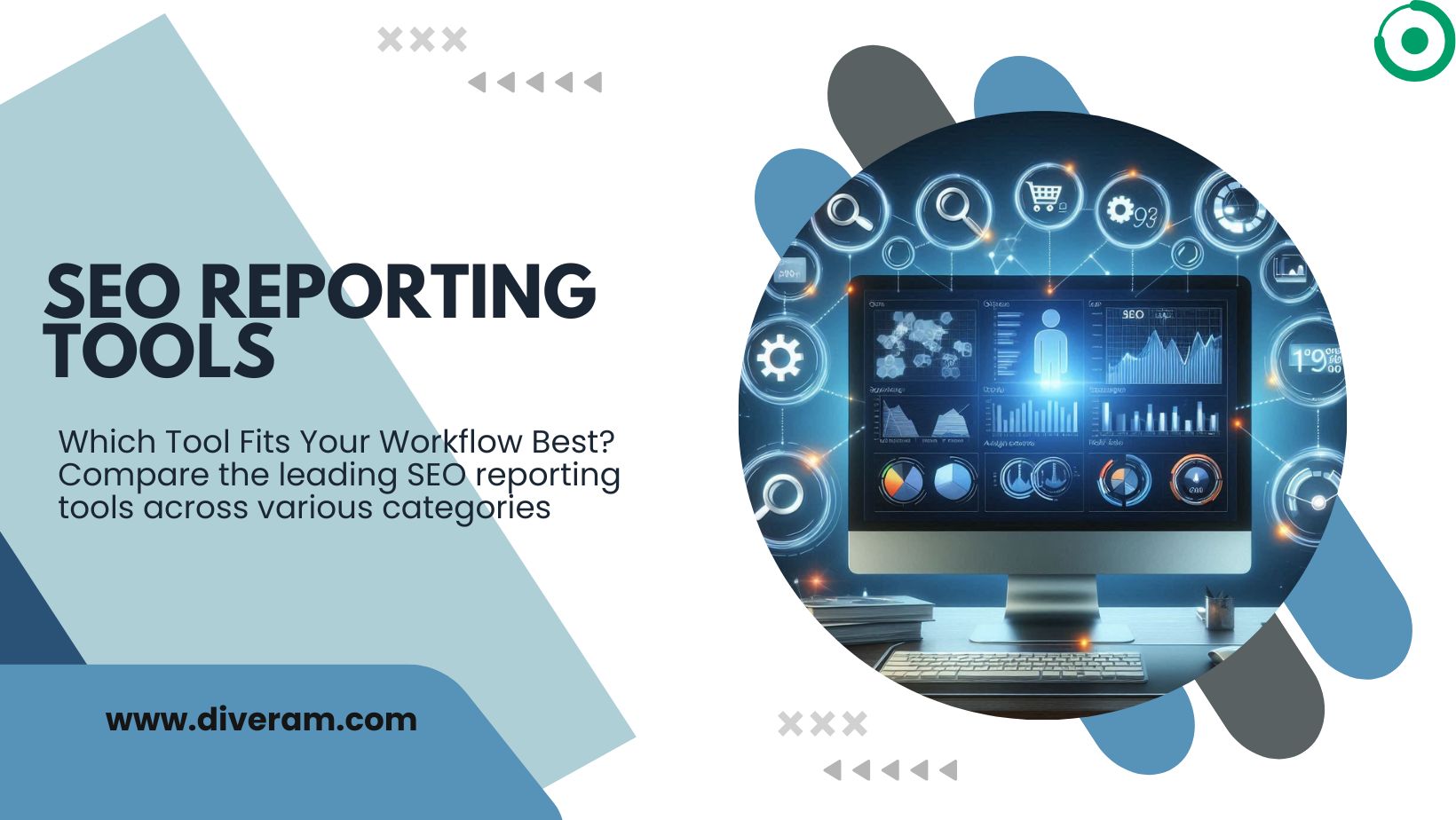SEO Trends to Watch in 2024: Top 10 Trends

Staying updated with the latest SEO trends is crucial for businesses aiming to maintain a competitive edge in search engine rankings. As SEO continues to evolve, adapting to these changes ensures that your website remains relevant and accessible to your audience. In this blog post, we’ll delve into delve into the top 10 SEO trends to watch in 2024 and how you can leverage them to boost your online visibility.
1. Voice Search Optimization
The Rise of Voice Assistants
Voice search is no longer a novelty; it’s a significant component of how people search for information online. With the increasing use of smart speakers and voice-activated devices like Amazon’s Alexa, Google Home, and Apple’s Siri, voice search is transforming SEO. According to recent statistics, over 55% of households are expected to own a smart speaker by 2024.
Optimizing for Voice Search
To capitalize on this trend, it’s essential to optimize your content for voice search. Focus on long-tail keywords and conversational phrases that mimic natural speech patterns. Since voice searches often include local queries, enhancing your local SEO efforts is also crucial. Ensure your business is listed on Google My Business, and keep your information up-to-date to capture local voice search traffic.
2. AI and Machine Learning in SEO
Google’s AI Advancements
Google’s AI and machine learning capabilities, such as BERT and MUM, are continuously improving, making search results more relevant and accurate. These advancements analyze user intent more effectively, providing search results that match the context of the query rather than just the keywords.
Implementing AI in Your SEO Strategy
Incorporate AI tools and software into your SEO strategy to stay ahead. AI-driven content creation tools can help you generate high-quality content that resonates with your audience. Additionally, using AI for keyword analysis and predictive analysis can provide valuable insights into emerging trends and opportunities.
3. Mobile-First Indexing
Importance of Mobile Optimization
With Google’s mobile-first indexing, the mobile version of your website is the primary basis for how Google indexes and ranks your site. As mobile usage continues to surge, optimizing your site for mobile devices is no longer optional—it’s a necessity.
Best Practices for Mobile SEO
Ensure your website is responsive and offers a seamless experience across all devices. Improve your mobile page speed by minimizing code, leveraging browser caching, and optimizing images. A smooth user experience on mobile devices will not only improve your SEO but also enhance user satisfaction and engagement.
4. Core Web Vitals and Page Experience
Understanding Core Web Vitals
Core Web Vitals are a set of metrics that assess the loading performance, interactivity, and visual stability of a webpage. These metrics include Largest Contentful Paint (LCP), First Input Delay (FID), and Cumulative Layout Shift (CLS). Google uses these metrics to evaluate the overall user experience of a webpage.
Enhancing Page Experience
To improve your Core Web Vitals, focus on optimizing your server response times, using efficient loading strategies, and ensuring visual stability. Enhancing the overall page experience will not only improve your rankings but also increase user engagement and retention.
5. E-A-T and Content Quality
What is E-A-T?
E-A-T stands for Expertise, Authoritativeness, and Trustworthiness. These factors are crucial for determining the quality of content and the credibility of a website. Google’s algorithms prioritize content that demonstrates a high level of expertise, authority, and trustworthiness.
Creating High-Quality Content
To enhance your E-A-T, create content that showcases your expertise and provides value to your audience. Back up your claims with credible sources, and highlight your credentials and experience. Building trust with your audience through transparent and accurate information will improve your site’s authority and rankings.
6. Video SEO
Growth of Video Content
Video content is becoming increasingly popular, with platforms like YouTube, TikTok, and Instagram leading the way. According to recent data, video content is projected to account for 82% of all internet traffic by 2024.
Optimizing Videos for SEO
To optimize your videos for SEO, use descriptive and keyword-rich titles, tags, and descriptions. Include transcripts and captions to make your videos more accessible and searchable. Embedding videos on your website can also enhance user engagement and time on site, which are positive signals for SEO.
7. Visual Search
The Rise of Visual Search Tools
Visual search technology is transforming how users interact with search engines. Tools like Google Lens and Pinterest Lens allow users to search using images rather than text, providing a more intuitive search experience.
Optimizing for Visual Search
To optimize for visual search, focus on image SEO by using high-quality, relevant images with descriptive file names and alt text. Ensure your images are mobile-friendly and load quickly. Visual search is particularly beneficial for e-commerce businesses, as it allows users to find products visually and enhances the overall shopping experience.
8. Featured Snippets and Zero-Click Searches
What are Featured Snippets?
Featured snippets are concise answers displayed at the top of Google’s search results, providing users with quick answers without the need to click on a link. Zero-click searches are searches that end on the search results page without any further clicks.
Strategies to Rank for Featured Snippets
To rank for featured snippets, structure your content to directly answer common questions in a clear and concise manner. Use bullet points, numbered lists, and tables to make your content easy to read. Targeting featured snippets can significantly increase your visibility and drive more traffic to your site.
9. Local SEO and Google My Business
Importance of Local SEO
Local SEO is becoming increasingly important as more users search for local businesses online. Optimizing for local search ensures that your business appears in local search results, driving traffic and sales.
Optimizing Your Google My Business Profile
To enhance your local SEO, ensure your Google My Business profile is complete and optimized. Include accurate business information, such as your address, phone number, and hours of operation. Encourage satisfied customers to leave positive reviews, as these can significantly impact your local rankings.
10. Data Privacy and User Experience
Impact of Data Privacy Regulations
Recent data privacy regulations, such as the GDPR and CCPA, have significant implications for SEO. These regulations require businesses to be transparent about their data collection practices and ensure user privacy.
Enhancing User Experience While Complying with Privacy Laws
Balancing data collection with user privacy is crucial for maintaining trust and compliance. Be transparent about your data practices and obtain user consent where necessary. Prioritize user experience by minimizing intrusive pop-ups and providing clear privacy policies.
Conclusion to our SEO Trends
Staying ahead of the SEO trends in 2024 is essential for maintaining a competitive edge in the digital landscape. By optimizing for voice search, leveraging AI, prioritizing mobile-first indexing, and enhancing user experience, you can improve your rankings and attract more traffic to your site. At Diveram, we specialize in helping businesses navigate the ever-changing SEO landscape. Contact us today to learn how we can help you implement these trends and achieve your SEO goals.



